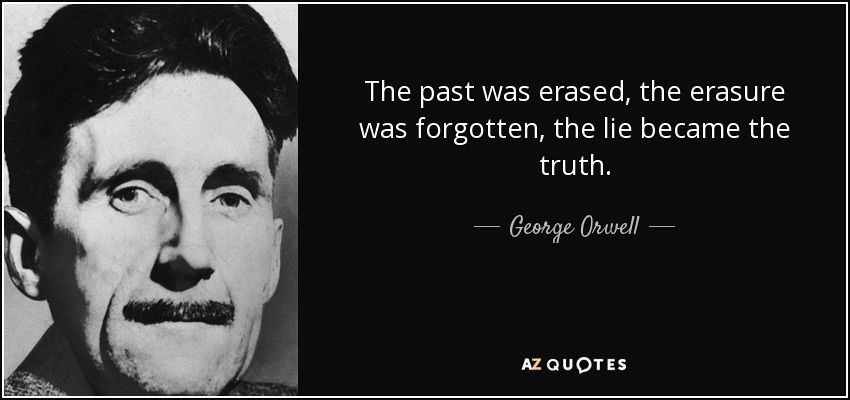Tomorrow’s news today

Byline: New York Times, July 4th, 2021
In the eight months since Donald Trump’s landslide loss, many powerful Republicans have moved to dissociate themselves from the Trump presidency, even as some critics argue that they supported the president while he was in office.
Former Speaker of the House Paul Ryan, for example, gave a speech at the Kenosha County Fair yesterday afternoon, in which he emphasized that he had “always been a vocal critic of former President Trump’s rhetoric.” Ryan also claimed he had worked “behind the scenes” with prominent Democrats to try to rein in what Ryan now describes as “the unfortunate excesses” of the Trump presidency.
Asked to give specific examples of the latter exchanges, Ryan declined, citing confidentiality concerns. “This is now a time for national healing and reconciliation,” he told reporters. “A time to look forward, not backward.” The blame for what Ryan characterized as “the poisonous atmosphere of the last four years” belonged to people all across the political spectrum. “When you call someone a racist just because they disagree with you about policy issues, that’s not going to lead to constructive, bipartisan engagement.”
Meanwhile, former Senate Majority Leader Mitch McConnell told an audience at the American Enterprise Institute that “my personal distaste for Donald Trump’s management style did not relieve me of my constitutional obligation to work with the person the voters had chosen to be president of the United States.” Despite what he now characterized as deep misgivings about Trump’s fitness for office, McConnell claimed that “I take my marching orders from the American people, and the American people elected this man president.”
Echoing Ryan, McConnell also decried attempts to “tar all Republican politicians with the same brush, merely because we engaged in public service during a divisive period in our national history.”
Various Republican thought leaders have taken a similar tack in the wake of last fall’s crushing electoral repudiation. “I never supported Donald Trump,” said historian and journalist Victor Davis Hanson. “In fact I pointed out on numerous occasions that Trump represented a conservative mirror image of the radical left-wing agenda of the Obama administration. That’s not support — it’s criticism: although these distinctions are being lost on the media lynch mob that now wants to pretend that everyone who didn’t vote for Hillary Clinton was actually a neo-Nazi.”
Prominent neo-Nazi Richard Spencer also denied that he had been a Trump supporter, citing his disdain for various “rootless cosmopolitans in the president’s inner circle, who worked tirelessly to undermine his original populist agenda.”
“What’s important now is for white Christian native-born Americans of every background to come together, and reject the politics of division that characterized America during the Trump years,” Spencer said.
